From Soil to Harvest: The Benefits of Potassium Compound Fertilizer in Crop Management
Efficient crop management is essential for ensuring high yields and healthy plants, and one of the most critical factors in achieving this is the balanced supply of nutrients to the soil. Among the vital nutrients, potassium plays a key role in promoting plant health and improving crop quality. The use of Potassium Compound Fertilizer has become a widely adopted solution in modern agriculture, providing farmers with an effective way to boost crop productivity from the soil preparation phase to the harvest.
This article will explore the benefits of Potassium Compound Fertilizer in crop management and how it can contribute to enhanced growth, disease resistance, and improved crop yield.
Potassium’s Role in Plant Growth and Development
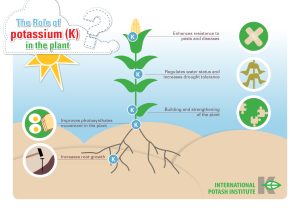
Potassium is one of the three primary macronutrients essential for plant growth, alongside nitrogen and phosphorus. Its role in plant health is multifaceted, supporting several physiological functions, including photosynthesis, water regulation, and enzyme activation. Without adequate potassium levels, plants can exhibit stunted growth, yellowing of leaves, and reduced resistance to stressors like drought and pests.
By applying Potassium Compound Fertilizer, farmers can ensure that their crops receive a balanced dose of potassium along with other essential nutrients. This ensures better root development, improved water retention, and stronger plant structures, all of which contribute to a higher overall yield.
Enhanced Stress Tolerance and Disease Resistance

One of the standout benefits of Potassium Compound Fertilizer is its ability to enhance a plant’s stress tolerance and disease resistance. Potassium strengthens the cell walls of plants, making them less susceptible to pathogens and insect attacks. Moreover, it regulates the opening and closing of stomata, the small pores in leaves that control gas exchange, helping plants conserve water during drought conditions.
In times of environmental stress, such as extreme temperatures or dry periods, crops with adequate potassium levels are better equipped to withstand these challenges without compromising growth. This results in healthier, more resilient plants that can thrive even in suboptimal conditions.
Improved Nutrient Uptake and Photosynthesis
In addition to its role in strengthening plant structure, Potassium Compound Fertilizer also promotes more efficient nutrient uptake and photosynthesis. Potassium activates various enzymes that are essential for energy transfer, which is critical for the conversion of sunlight into energy through photosynthesis. This allows the plant to make better use of available light, increasing its overall productivity.
Furthermore, potassium improves the transport of nutrients and water within the plant, ensuring that essential elements like nitrogen and phosphorus are effectively absorbed. This synergy between nutrients leads to faster, more vigorous plant growth and ultimately contributes to a better-quality harvest.
Better Water Use Efficiency
Water scarcity is a major concern in agriculture, especially in regions prone to drought. Potassium Compound Fertilizer improves a plant’s water use efficiency by regulating osmotic pressure within plant cells. This helps plants retain water more effectively and maintain turgor pressure, which is crucial for keeping the plant upright and healthy.
In dry conditions, plants that receive adequate potassium can continue to grow and develop without suffering from wilting or dehydration. This not only conserves water resources but also ensures that farmers can sustain crop production even in water-limited environments.
Increased Crop Yield and Quality
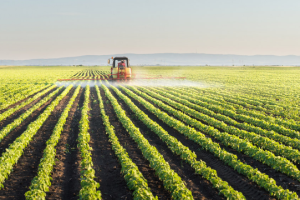
Ultimately, the goal of any fertilizer is to boost crop yield and improve the quality of the harvest. Potassium Compound Fertilizer contributes to this goal by promoting stronger, healthier plants that produce higher yields. Crops such as cereals, fruits, vegetables, and tubers benefit significantly from potassium application, resulting in larger, more nutrient-dense produce.
In addition to increasing the size and weight of crops, potassium also improves the quality characteristics of the harvest, such as color, taste, and shelf life. For example, in fruit crops, potassium enhances the development of sugars, leading to sweeter, more flavorful produce that appeals to consumers.
Environmentally Sustainable Farming
Another critical advantage of Potassium Compound Fertilizer is its contribution to sustainable farming practices. Potassium is a naturally occurring element in the soil, and the use of compound fertilizers that include potassium helps replenish soil nutrient levels without causing long-term harm to the environment. Unlike excessive nitrogen use, which can lead to issues such as soil acidification and water pollution, potassium compound fertilizers provide an eco-friendly solution that maintains soil health.
By optimizing the nutrient profile of the soil, farmers can reduce the need for chemical pesticides and herbicides, as healthier plants are naturally more resistant to pests and diseases. This aligns with the growing trend toward sustainable, eco-friendly agriculture that minimizes environmental impact while maintaining high productivity.
Customizable Fertilizer Blends for Targeted Results
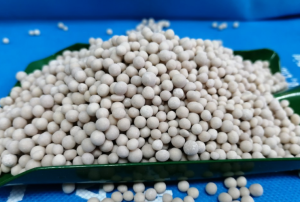
One of the advantages of Potassium Compound Fertilizer is that it can be customized to meet the specific needs of different crops and soil types. Depending on the crop’s growth stage and nutrient requirements, farmers can adjust the ratio of potassium to other nutrients like nitrogen and phosphorus. This flexibility allows for more precise nutrient management, ensuring that crops receive the optimal nutrition for each phase of growth.
For example, potassium-heavy fertilizers may be applied during the fruiting stage to enhance the development of fruits and seeds, while nitrogen-rich fertilizers are used during the vegetative growth phase. This targeted approach to fertilization ensures that farmers can maximize their crop’s potential at every stage of the growing season.
Conclusion
From soil preparation to harvest, the benefits of Potassium Compound Fertilizer in crop management are undeniable. It supports vital plant functions, improves stress tolerance, enhances water efficiency, and increases crop yield and quality. Moreover, its role in sustainable farming practices makes it an invaluable tool for modern agriculture.
Farmers who incorporate Potassium Compound Fertilizer into their crop management strategies are likely to see significant improvements in both the productivity and health of their crops. As the demand for high-quality produce continues to rise, this versatile fertilizer will play an increasingly important role in ensuring that farmers can meet global food needs while maintaining environmental sustainability.



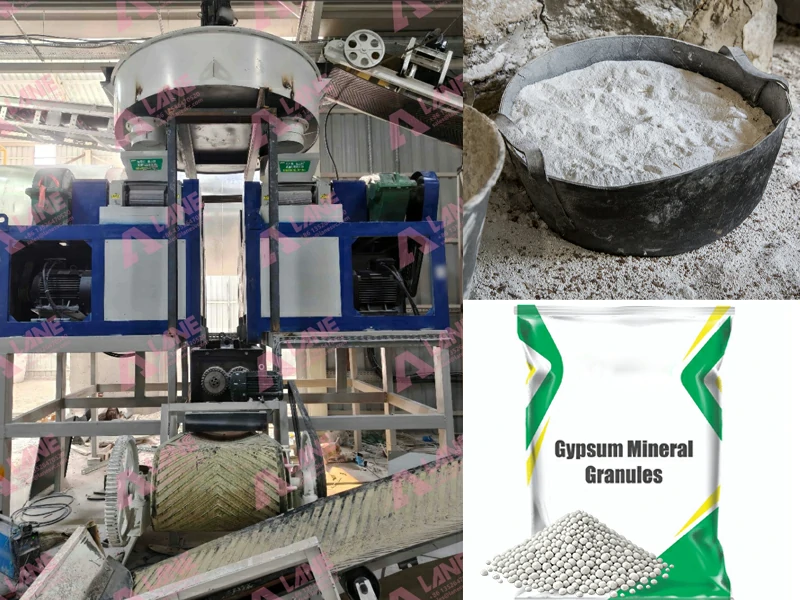
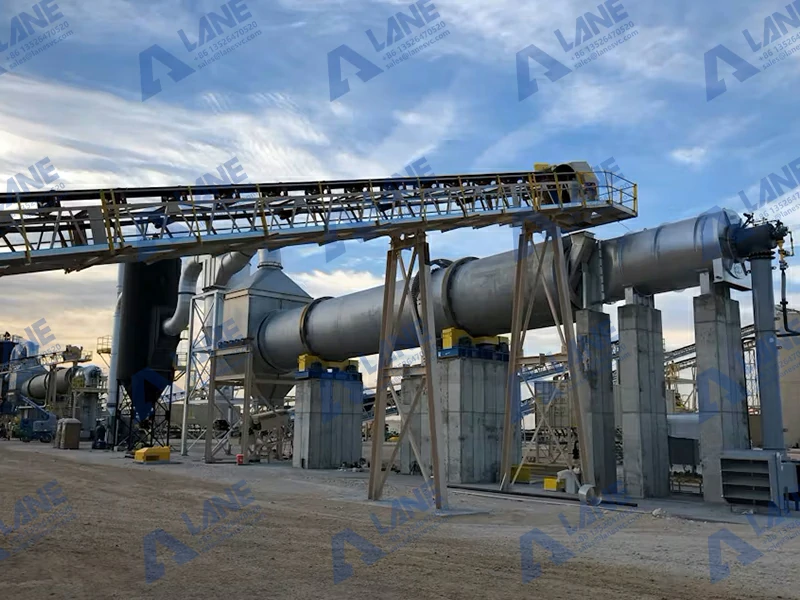

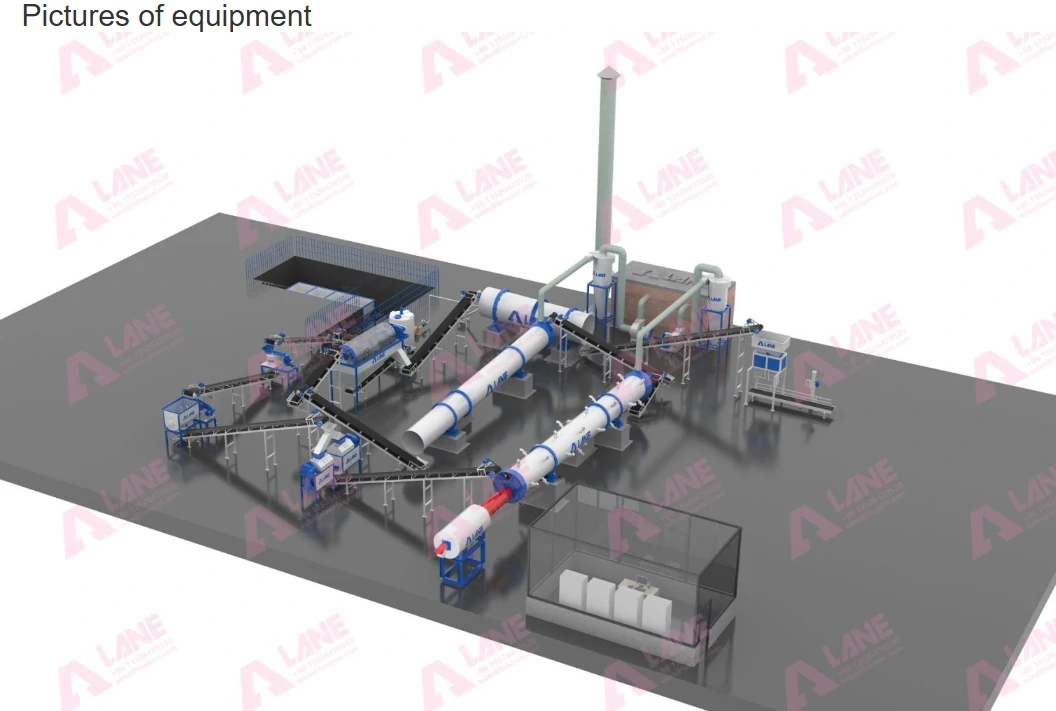
Send a message to us